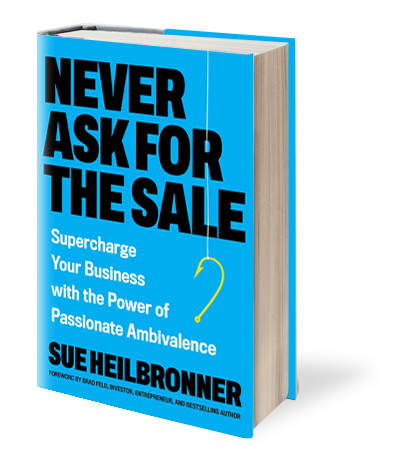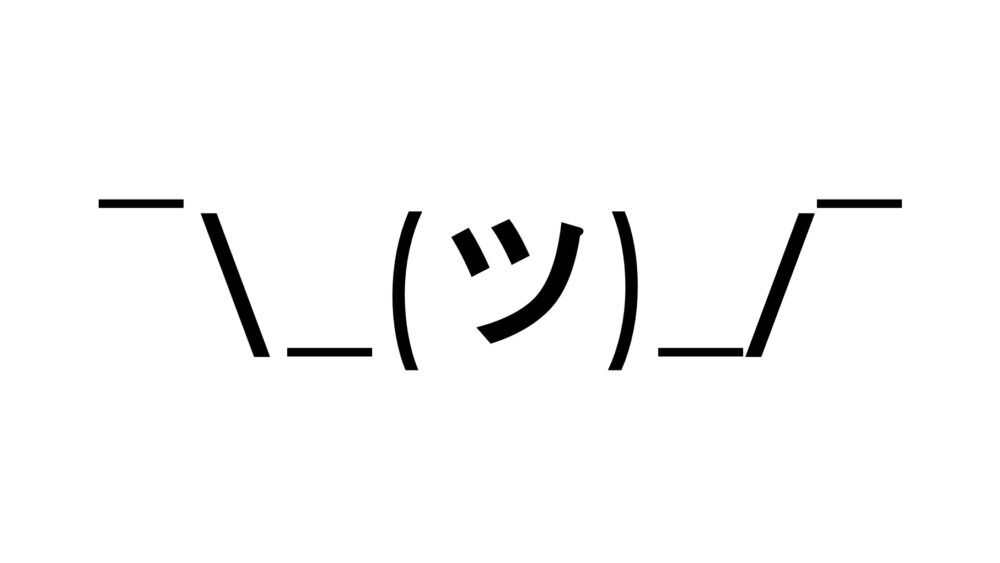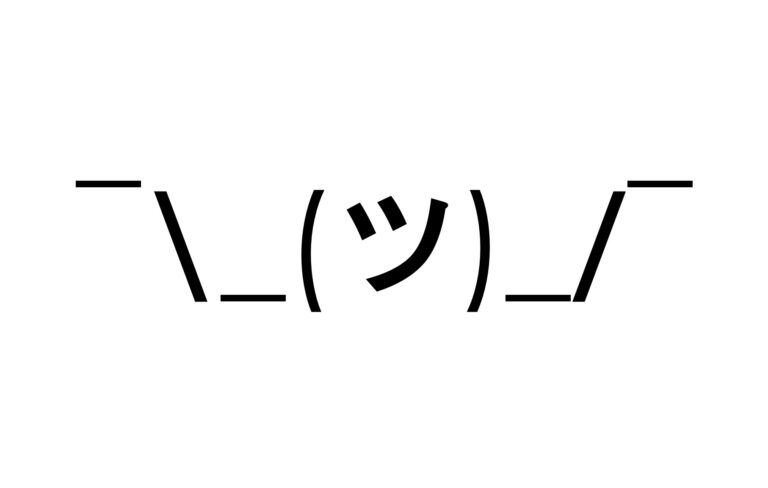Conscious Leadership and Current Events
I’ve been involved in some recent discussions about current events from my home base in Boulder, Colorado, in the United States. Honestly, who hasn’t? I know these conversations are happening everywhere in the world, but I imagine things are particularly complex in the US.
As I often do, I look at whatever I’m focusing on through the lens and the tools supplied by Conscious Leadership. These days I’m noticing some new challenges in pairing the underlying ethos and concepts of Conscious Leadership with my normal day-to-day life: my behaviors, beliefs, political perspectives, plans for action, and pending conflicts. I wanted to take a closer look at what feels like some rough edges at the intersection of what I teach and what I do. This seems like a helpful gut check and one that keeps me honest around walking the talk and such. Naturally, I decided to share this publicly because I imagine I’m not the only one who is wondering about this, and I can always benefit from hive feedback.
When I teach Conscious Leadership to individual coaching clients or companies, I distinguish between the “content” of an issue–the “what” are we talking about–and the “context” of an issue–the “how” or “from where” we are we talking about it. The idea that regular humans going through life with their colleagues and their families typically end up with recycling issues or drama in part because they put most of their attention on the content and far less attention on context.
One of my favorite examples of this distinction is a conversation at a company about next year’s budget. Each team walks into that conversation with a proposed budget for sales, marketing, HR, etc, and the negotiation begins. When marketing says it needs more headcount than sales because it is driving the top of the funnel in lead generation, sales often responds that, no, it needs more headcount than marketing because revenue doesn’t come in the door unless the bottom of the funnel (sales reps) are making it happen. And so on. When there are disputes around a theoretically constrained budget for expenses, teams often double down. They make increasingly more detailed, sophisticated arguments in support of their requests. They add more “evidence” to support their arguments. They recruit other allies to support their views (those people also, in a way, are serving as content).
What typically goes unnoticed in these conversations is the context that people often bring to budget conversations. Context examples might include long-held beliefs, personality traits, opinions formed from past experiences, emotions, values set by one’s family of origin or faith. One piece of context often at work in budget conversations is pure ego. There’s a story that “if I get more money, then I’m more valuable or powerful.” Another that can arise goes something like “at my last company, my budget was flat or down for two years, and in year three, I lost my job.” From a context perspective, people are using budget negotiations for all sorts of reasons that may have nothing whatsoever to do with the best interest of the company. That, friends, is context.
Conscious leaders put at least as much attention on context as they do on content. When they do, conflicts resolve more quickly, they build more self-awareness around their own motivations, question long-held but untested beliefs, gain space around their judgments, notice implicit bias, shine a light on blindspots, and develop more empathy for people around them. Every one of these gains aids in becoming a more self-aware, present, and conscious person and leader. There is more choice, less attachment to outcomes, reduced defensiveness, and way more curiosity and connection.
Sounds fantastic. Sure, it’s a life’s pursuit, but lately I’ve run into two roadblocks. I have been losing my bearings around the context/content model around Covid and race. Notwithstanding 54 years of being a human and 10 years of immersion in learning and teaching Conscious Leadership, I’m struggling to shed my righteousness around these two topics. Frankly, I’m beginning to wonder if I want to.
The struggle is real.
Many of my close friends do an immense amount of consciousness work to reduce their attachment to being right. They not only teach but live the principle that context matters more than content and that an attachment to being right about content is a roadblock to a full commitment to context as a lens for personal growth. Being right is less important than staying open and curious.
This makes so much sense to me as a concept, and heeding this model in practice works wonders across every area of my life. However, in my life, particularly in the last few months, I have grown more vocal about interrupting what I perceive to be racial bias, in myself and in others. While I may not be “right” about my characterization of something as bias, I don’t want to bar myself from speaking up — to regulate myself or to change an external situation — out of a fear of looking righteous. My views on mask wearing fall into a similar bucket in my belief system.
This feels like a clash between my aspirational goals for my consciousness and my core values around justice and social responsibility. Here’s where I’m landing: I am not interested in working inside a “conscious” culture or system that makes moral equivalency a prerequisite curiosity.
I want to be open. I want to listen. I want to learn. I want to question (myself and others). I want to reflect. I want to gain more space and choice. I want to do all this work before arriving at a conviction. And then I want to make deliberate choices about what to stand for. I could do this and stay aware that new information or perspectives might shift my perspective. But before, during, and after that, I want to give myself permission to hold a conviction and advocate for it. And I want to do that and maintain friendships and keep doing the work I do in the world. I realize that sounds like a lot to ask.
Yet I am realizing that if I make myself wrong for holding carefully hewn convictions, I will be getting myself stuck in accommodating, bypassing, and ignoring the type of advocacy and leadership that feels nearly essential to the person I call “Sue.”
The net of this awareness is that I’m likely going to occasionally stay in content, or at least a level of content (say, preference for what I define as “just”) that is somehow less than a purist who works to let content fall away in service of operating in the context layer. The embarrassing truth is, like many of us, I like content. There. I said it. I like profit and loss statements of businesses, I like policy arguments, I like Super Bowl commercials (remember the Super Bowl?), I like to hear about the tiny details of how two people met. I look at most content with a preference to find the context (e.g., what does this P&L say about this company’s focus on product-market fit), but my context often isn’t as lofty as many of my friends and fellow practitioners of conscious living.
I’ve been worried for quite some time that my friends and allies who are “better” at sticking with context will leave me behind. They’ll see that I am the unclad emperor. I don’t have an active meditation practice, and I like professional sports. My more conscious friends will awaken, leaving me abandoned and separated from people I love.
Inasmuch as I am pursuing self-knowledge and personal growth, I am also hoping to wake up every morning, reading the news, struggling to do that yoga position “right,” going to the grocery store, and driving a car on streets that are occupied by other people. I will depend on a community hospital if I get sick. I enjoy the notion of society in the same way as I enjoy content. I want to be able to keep one foot in each of these spheres–the deep inquiry and the daily living. That may put me at odds with the closest adherence to some of the work that I teach.
I marched in a Black Lives Matter protest in my mostly white, somewhat hippie home town last month. I saw a sign carried by a Black woman that said “Your spiritual practices are interfering with my ability to live in a just world.”
This sign rang true in our town’s context. It gave me even more clarity. I don’t want to skip over my concerns about racial bias and social distancing in service of staying curious or on the sidelines about those beliefs. I know I won’t be perfectly consistent about the alignment of my stated values and my actions, but I don’t want that to keep me from standing for something. Mistakes don’t destroy a set of values; they help continually shape it.
I want to keep practicing what I teach. What is my 100% responsibility as a member of a community? Where am I keeping myself from learning because I’m overly attached to my beliefs? How am I so caught up in the content of the 24-hour news cycle that I’m missing a broader context of disconnection? I think I can hold both content and context in mind as I keep asking these questions. At the same time, I can advocate for positions that matter to me right now, after doing a ton of homework to test my conviction. Just as I can marry content and context, I think I can marry the ideas of living in my internal awareness and living in this society.
I want to stay curious. I want to hear opinions that are different from mine, but I also want to set boundaries. And those boundaries include taking a stand around actions or speech that I see as hateful or harmful to others. I do not believe that all opinions are equal. I do not believe there were “very fine people on both sides” in Charlottesville. Taking this stand may mean that I learn less. But at this moment, that’s a trade off that I want to make because, as I said before, I’m not interested in working inside a “conscious” culture that requires moral equivalence as evidence of curiosity.


